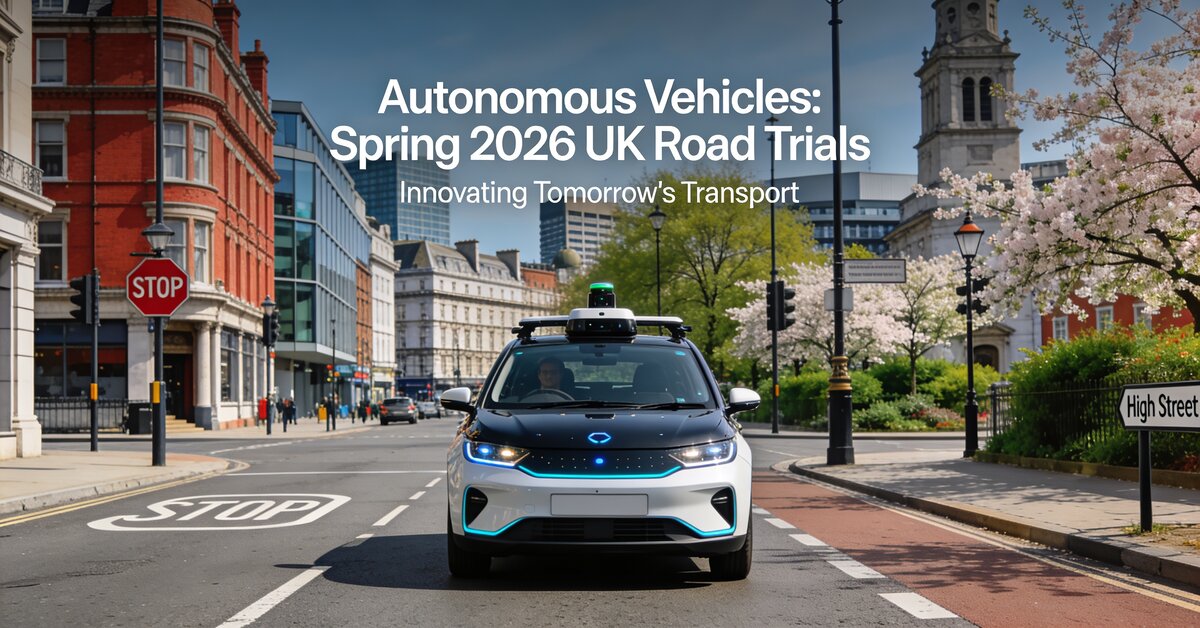The UK government has announced that commercial trials of self-driving vehicles will begin a year earlier than planned, starting in spring 2026. Transport Secretary Heidi Alexander confirmed that the move is aimed at accelerating the adoption of autonomous transport technology, which could create tens of thousands of jobs, boost safety on the roads, and generate billions for the UK economy.
For the first time, companies will be able to operate small-scale self-driving taxi and bus services without a safety driver on board. These services could be accessed by the public through app-based bookings, offering a glimpse into the future of everyday transport. A broader national rollout could follow in late 2027, when the Automated Vehicles Act is expected to come fully into force.
The legislation, passed earlier this year, sets strict safety benchmarks for self-driving vehicles. They must meet or exceed the safety performance of a competent and careful human driver, and undergo extensive testing before deployment. According to government officials, these vehicles will help address the primary cause of traffic collisions—human error—which accounts for 88% of all road accidents.
The self-driving initiative is a key part of the government’s “Plan for Change,” which includes ambitions to create 38,000 new jobs, support British innovation, and grow a sector expected to be worth £42 billion by 2035. The Society of Motor Manufacturers and Traders (SMMT) projects even greater potential: up to £66 billion in annual economic benefits and 342,000 new jobs by 2040. It also estimates the technology could prevent up to 60,000 serious accidents and save 3,900 lives over the next 15 years.
Transport Secretary Alexander emphasized the broader impact of the move, saying: “The future of transport is arriving. Self-driving cars could bring jobs, investment, and the opportunity for the UK to be among the global leaders in this transformative technology.”
Beyond economic gains, autonomous vehicles could improve mobility for people who are currently underserved by traditional transport systems. In rural areas, for instance, they could provide more flexible and accessible public transport options. Disabled and elderly individuals may also benefit from increased independence and ease of movement.
Industry leaders and advocacy groups have welcomed the announcement. The SMMT, techUK, RoadSafe, and organizations supporting disabled people, such as RNIB and Motability Operations, praised the decision as a meaningful step toward safer and more inclusive transport.
UK-based companies like Wayve and Oxa are already pioneering in the sector. Wayve, which recently secured over $1 billion in investment, is developing advanced AI-driven autonomous technology and has partnered with major players like Uber and Nissan. Oxa is trialing self-driving airport shuttle services and exploring other commercial uses.
Wayve CEO Alex Kendall remarked that early pilot programs will be crucial in building public trust and establishing the UK as a global hub for self-driving innovation.







